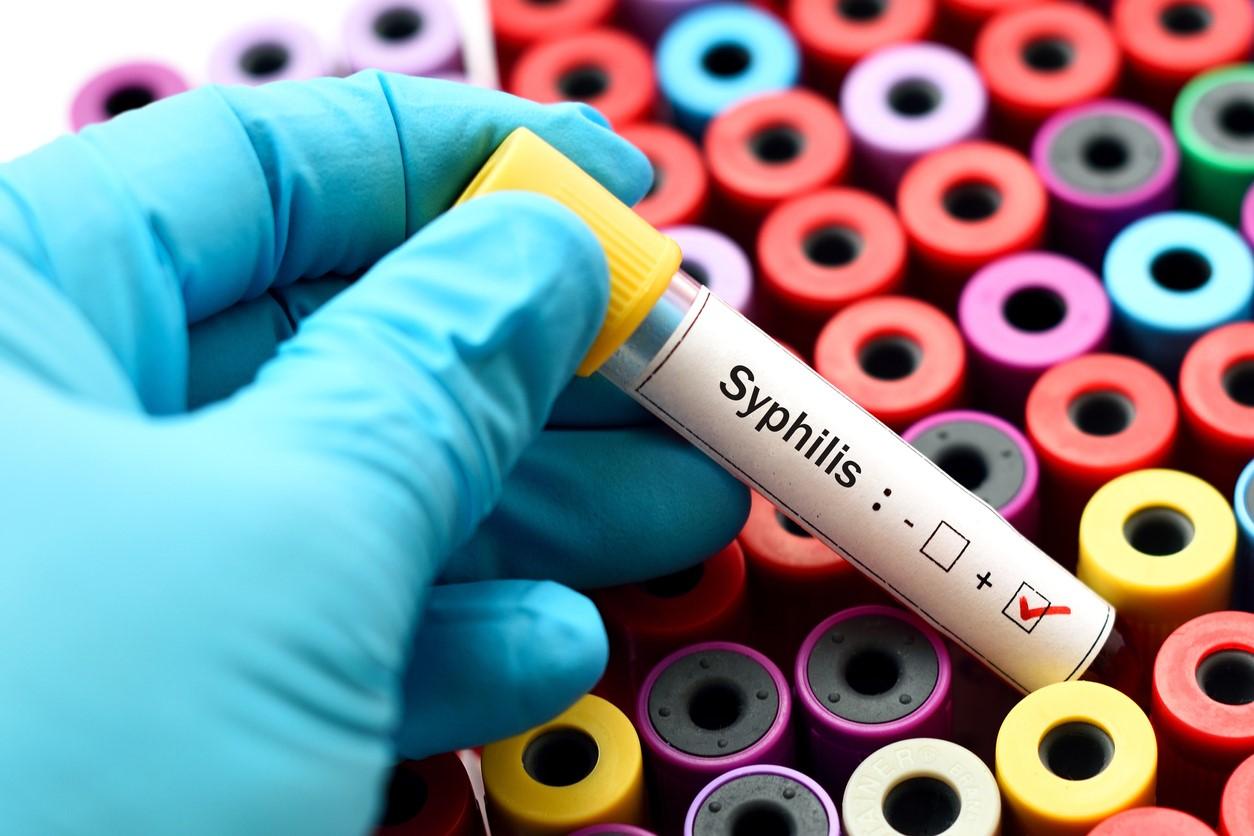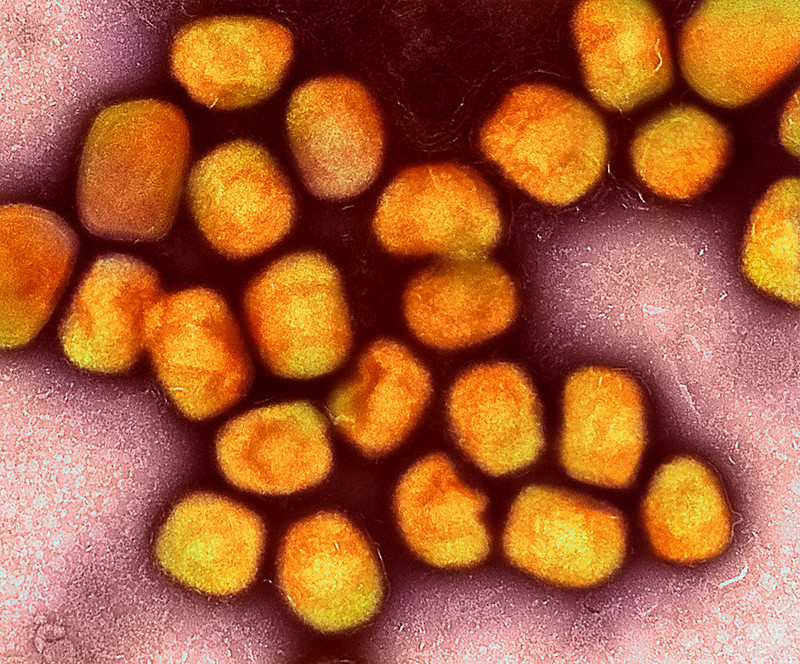
New data released today by the European Centre for Disease Prevention and Control (ECDC) show a surge in sexually transmitted infections (STIs) across the continent.
The latest annual epidemiologic reports from the ECDC show gonorrhea cases in European Union/European Economic Area EU/EEA countries rose by 48%, syphilis cases by 34%, and chlamydia cases by 16% compared with the previous year. New record high notification rates were reported for chlamydia and gonorrhea. For all three STIs, national notifications varied considerably across EU/EEA countries.
Cases of lymphogranuloma venereum and congenital syphilis, which are caused by transmission of the infection from the mother to the fetus, also rose in 2022.
Officials call for more testing, treatment, and awareness
ECDC officials say the increase in STIs, which mirrors trends seen in the United States and other countries, requires "urgent attention and concerted efforts."
"Testing, treatment, and prevention lie at the heart of any long-term strategy," ECDC Director Andrea Ammon, MD, MPH, said in a news release. "We must prioritise sexual health education, expand access to testing and treatment services, and combat the stigma associated with STIs."
Ammon went on to say that education and awareness initiatives, promoting consistent condom use, and fostering open dialogue about STIs can help reduce transmission rates.
The ECDC also noted that gonorrhea, chlamydia, and syphilis can lead to serious health complications—such as pelvic inflammatory disease, chronic pain, and infertility—if they are left untreated. The agency urged people who suspect they may have contracted an STI to immediately seek medical advice to prevent complications and further transmission.



















